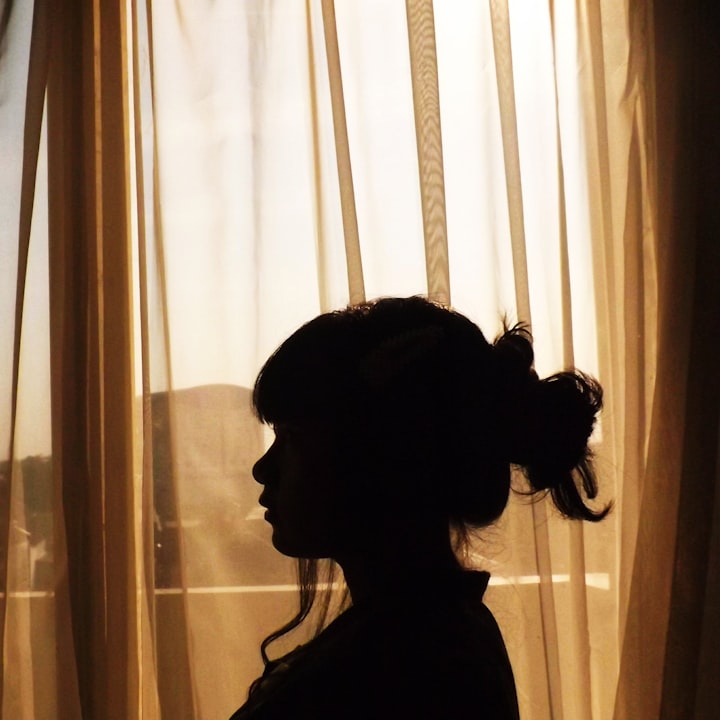Hidden depression is hard to find? That’s because you don’t know these 6 signals
Hidden depression

In the world, 70% of patients with mental illness have not received treatment. A large part of this is not because of the limited medical level, but because the patients themselves ignore or even deliberately conceal it. Depression is a very common category!
Patients with recessive depression tend to be depressed and unhappy. Feel unhappy in the face of happy events, irritable, sensitive, suspicious, stubborn, have no confidence in yourself and life, always feel uncomfortable, hate participating in group activities, and like to be alone. Some patients have a mild sense of worthlessness and think that they have not made much contribution to society. Sometimes it also manifests as fatigue, slow response, inattention, memory loss, difficulty thinking, and a significant reduction in self-speaking.
For depression, many patients are trying to deal with their inner depression through "performance", which is what we often call "smile depression", or recessive depression.
Hidden depression is hard to find? That’s because you don’t know these 6 signals
Under normal circumstances, patients with recessive depression do not want to and will not admit the intensity of their depression. Many of them firmly believe that as long as they live as before, depression will gradually disappear by themselves.
But in fact, for most patients, long-term self-endurance will only bring more trouble and loneliness.
Therefore, for the patients' friends and family members, it is very important for the treatment to learn how to find this kind of hidden depression signal of the patient!
Most patients with recessive depression are not much different from their normal life from the appearance, but we can judge by some common minor abnormalities.
Hidden depression is hard to find? That’s because you don’t know these 6 signals
Always force a smile
Pretending to be happy is actually very tiring for many people with depression, so under normal circumstances, they will avoid all "non-essential" social occasions.
Even in necessary social situations, they will show a strong face and laugh, and will be in a state of cold from time to time. That is actually a trace of inner mood revealed by the patient intentionally or unintentionally.
Different from previous habits
Many people try to "eliminate sorrow with alcohol" when they are feeling sad, but this method will only be counterproductive most of the time. And some patients will experience binge eating or anorexia, which is a signal of recessive depression.
At the same time, the patient’s sleep is also an obvious signal. Under normal circumstances, people’s long-term insomnia is a signal that their health is threatened. So if these types of situations occur, it may indicate that recessive depression has come to the door.
Great mood swings
For patients with recessive depression, hiding the depression itself is a very hard behavior, so it may be that for them, sometimes they are too tired and will give up the behavior of hiding depression in an instant. For example, crying and crying for help, or even going to a doctor for diagnosis and treatment.
But this situation may not last long, because patients who hide their depression generally won't allow others to see their fragile side. Therefore, after a brief "crash", the original "hidden" mode may be restored again.
Hidden depression is hard to find? That’s because you don’t know these 6 signals
Optimism has decreased significantly
As we all know, "self-compassion" among the many characteristics of depression is a very typical symptom. Patients will have a pessimistic interest in the world around them, and their optimistic and positive attitudes in life will decrease. This state is also called "pessimistic realism" by psychologists.
Increased sensitivity
Most patients with recessive depression have a more sensitive personality. During depression, they have their own pessimistic emotions plus the torture of hidden depression. In the face of some perceptual situations, they may suddenly "burst out" emotions.
For example, if normal people think that the moving picture is good, they may cry on the spot. For another example, a person who usually has a better temper, after suffering from recessive depression, may instantly burst into anger and become angry on the spot.
Interested in life, life and death philosophy
For patients with depression, their inner emotional world is pessimistic and sensitive, so they are more "fascinated" by the idea of life and death, or philosophy.
Once this kind of topic appears, it basically shows that the patient's heart is playing a game with some negative thoughts.






Comments
There are no comments for this story
Be the first to respond and start the conversation.